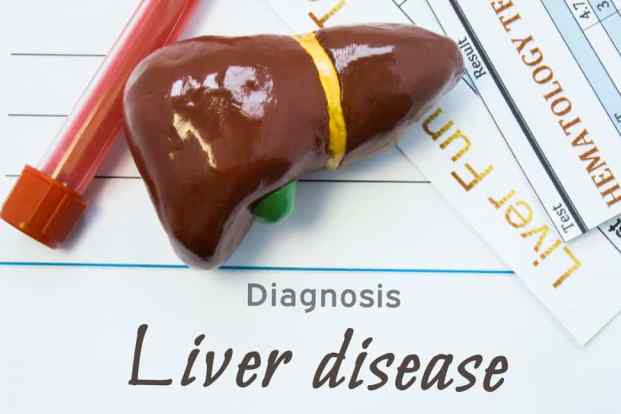Types of liver diseases
Apr 19, 2022
Hepatitis C
Hepatitis C spreads through contaminated blood. People with hepatitis C starts bleeding easily, feel fatigued and swelling in the legs.

Diagnosis
Transient elastography is conducted to detect Hepatitis C. Elastography is a type of ultrasound that transmits vibrations into the liver and measures the speed of their dispersal through liver tissue to estimate its stiffness.
Treatment
Hepatitis C infection is treated with antiviral medications which help to clear the virus from the infected liver. If a patient develops a serious complication from hepatitis C it becomes necessary for the patient to go through a liver transplantation.
Fatty liver disease
When you consume too much of alcohol it leads to generation of fat inside your liver cells, which makes it harder for the lever to work in a more productive way.
Treatment
Change in lifestyle and dietary practices helps in better functioning of the liver, but if the condition of fatty liver becomes poor doctors recommend liver transplantation.
Diagnosis
A simple blood test helps in detection of liver damage also through ultra sound. Other ways to detect the diseases is through liver biopsy. It is a process in which the doctor removes a small sample of your liver for testing to check health of the liver. During a liver biopsy, a fine needle is inserted into your body. A small sample of liver cells is taken and sent to a laboratory for examination. Endoscopy is another process by which one can examine the condition of liver.
Alcoholic liver disease
Alcoholic liver disease is caused due to overconsumption of alcohol that damages the liver, leading to accumulation of a fat in the organ.
Treatment
Lifestyle changes play a major role in curing the alcoholic liver disease. Weight loss and quitting smoking is recommended by doctors as being both overweight and smoking are the biggest culprit . In case of liver failure the liver stops functioning and then we are left with only option of liver transplantation.
Diagnosis
A simple blood test helps in detection of liver damage also through ultra sound. Other ways to detect the diseases is through liver biopsy. It is a process in which the doctor removes a small sample of your liver for testing to check health of the liver. During a liver biopsy, a fine needle is inserted into your body. A small sample of liver cells is taken and sent to a laboratory for examination. Endoscopy is another process by which one can examine the condition of liver.
Liver Cancer
Cancer that develops inside the liver makes chances of survival of a person low. The major causes of this disease are alcohol, hepatitis and diabetes. There are various stages of liver cancer.
Treatment
Early stage of liver cancer can be treated and if patients are not able to recover through medication, then surgery is required to remove the tumor for full recovery.
Diagnosis
A simple blood test helps in detection of liver damage also through ultra sound. Other ways to detect the diseases is through liver biopsy. It is a process in which the doctor removes a small sample of your liver for testing to check health of the liver. During a liver biopsy, a fine needle is inserted into your body. A small sample of liver cells is taken and sent to a laboratory for examination. Endoscopy is another process by which one can examine the condition of liver.
.





.png)
.jpg)

